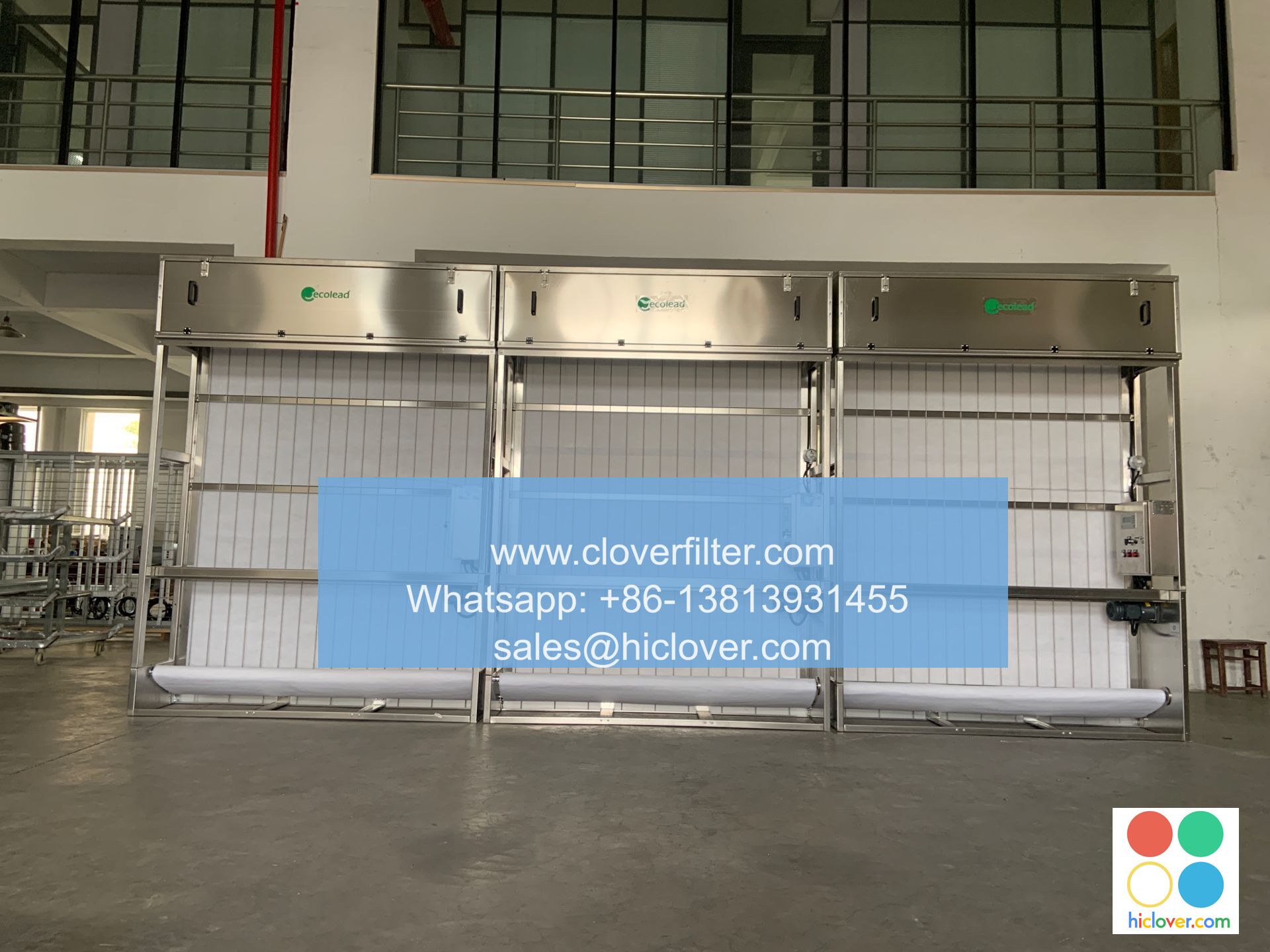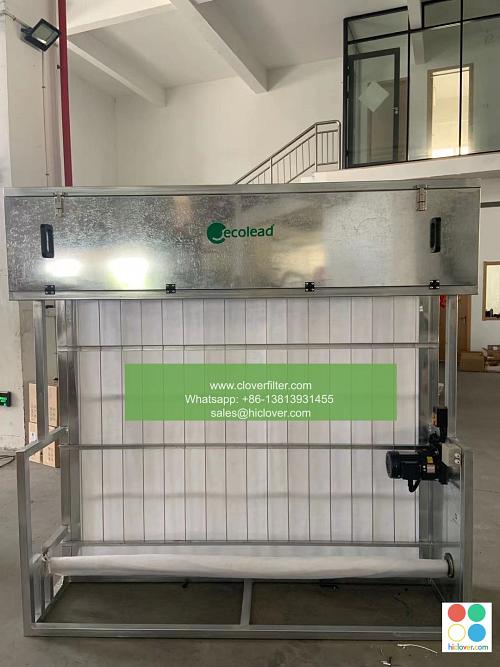Air Filter Technology: How it’s Helping to Reduce Pollution

Air Filter Technology: The Silent Champion in the Battle Against Pollution
Introduction
AIR QUALITY HAS BECOME ONE OF THE MOST PRESSING ENVIRONMENTAL ISSUES OF OUR TIME, WITH POLUTION LEVELS REACHING CRITICAL POINTS IN MANY PARTS OF THE WORLD. BUT, IN THIS澌IT, A SILVER LINING CAN BE SEEN IN THE FORM OF AIR FILTER TECHNOLOGY, WHICH IS PLAYING A CRUCIAL ROLE IN REDUCING POLLUTION LEVELS. IN THIS ARTICLE, WE WILL EXAMINE HOW AIR FILTER TECHNOLOGY IS HELPING TO MITIGATE THE IMPACT OF POLLUTION ON OUR HEALTH, ENVIRONMENT, AND ECONOMY.
How Air Filter Technology Works
AIR FILTERS, WHETHER IN VEHICLES, BUILDINGS, OR COMMUNITIES, HELP TO REMOVE PARTICULATES, SMOKE, AND OTHER CONTAMINANTS FROM THE AIR, ENHANCING THE AIR QUALITY AND REDUCING THE IMPACT OF POLLUTION ON HUMAN HEALTH. THE TECHNOLOGY BEHIND AIR FILTERS IS BASED ON THE CONCEPT OF CATCHING FINESSED PARTICLES, SUCH AS PM2.5 (PARTICULATE MATTER WITH A DIAMETER OF 2.5 MICROMETERS OR LESS), WHICH CAN BE DEADLY IF INHALED.
Applications of Air Filter Technology
AIR FILTER TECHNOLOGY HAS A VARIETY OF APPLICATIONS, FROM:
- Industrial Settings: Heavy industry, mining, and construction sites often require specialized air filters to capture particulate matter, sulfur dioxide, and other pollutants, ensuring a healthier workspace for employees and reducing environmental impacts.
- Automotive Sector: Car manufacturers and automotive service providers are increasingly incorporating advanced air filters, such as HEPA (High-Efficiency Particulate Air) filters, to improve vehicle air quality and reduce emissions.
- Building Sector: Commercial and residential buildings are using air filters with varied MERV (Minimum Efficiency Reporting Value) ratings to optimize indoor air quality, ensure better ventilation, and reduce energy consumption.
- Agricultural Sector: Livestock farmers and agricultural producers are using air filters to capture and control airborne pathogens, improving animal health and reducing the risk of disease transmission.
Benefits of Air Filter Technology
- Improved Air Quality: Air filter technology helps to reduce particulate matter, sulfur dioxide, and other pollutants in the air, enhancing the overall quality of outdoor and indoor air.
- Reduced Health Risks: By reducing exposure to pollutants, air filters help minimize the risks of respiratory diseases, cardiovascular disease, and other health problems associated with poor air quality.
- Cost Savings: Air filters can reduce energy consumption by minimizing the need for air conditioning and ventilation, leading to cost savings for building owners and operators.
- Compliance with Regulations: Air filter technology helps organizations and industries comply with increasingly stringent environmental regulations, avoiding penalties and maintaining a positive reputation.
Conclusion
AIR FILTER TECHNOLOGY IS A POWERFUL TOOL IN THE BATTLE AGAINST POLLUTION, WITH THE POTENTIAL TO MAKE A SIGNIFICANT DIFFERENCE IN OUR HEALTH, ENVIRONMENT, AND ECONOMY. AS A RESULT, IT IS IMPERATIVE TO CONTINUE INVESTING IN THIS TECHNOLOGY, DEVELOPING NEW AND IMPROVED PRODUCTS, AND INTEGRATING IT INTO VARIOUS ENVIRONMENTS TO CREATE A HEALTHIER, SUSTAINABLE FUTURE FOR GENERATIONS TO COME.
Welcome to the world of prompts! What would you like to talk about or work on?

